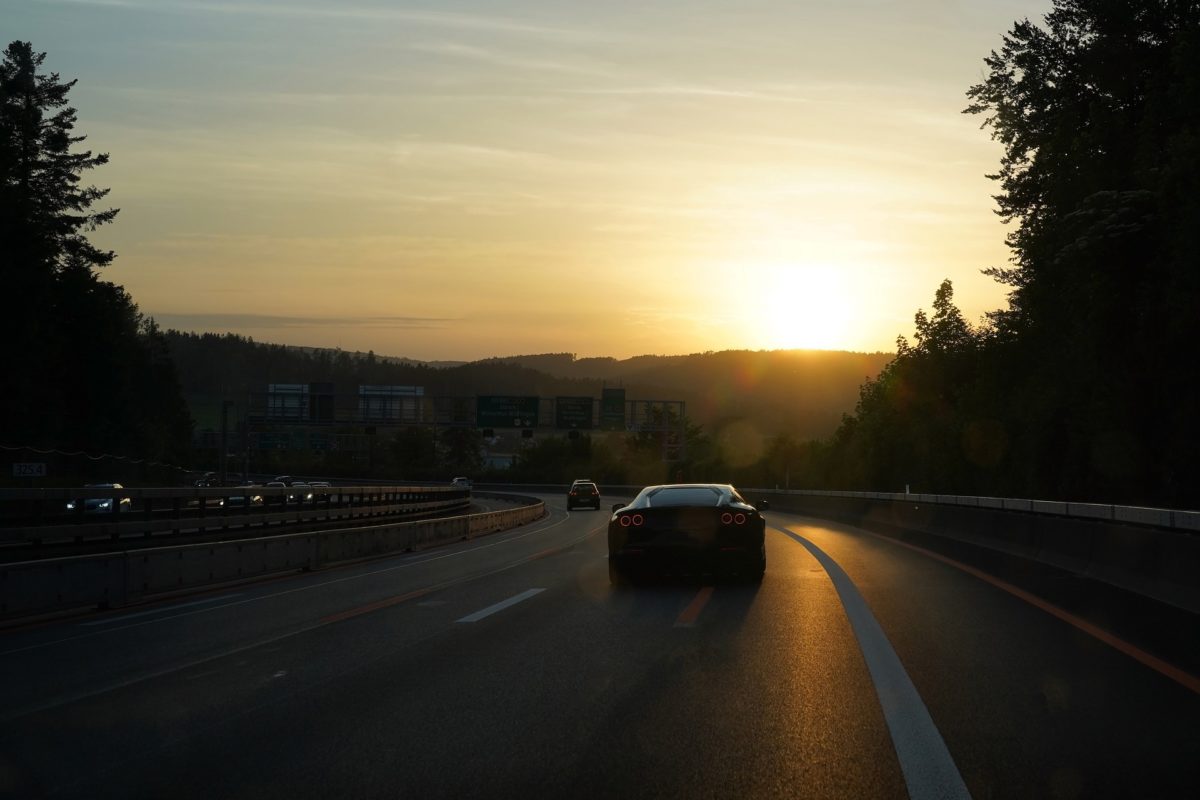From pv magazine Germany
In mid-August, the Swiss Federal Council amended the National Roads Ordinance to allow the country to generate renewable energy on free spaces along major national highways. The new regulation will come into effect on October 1 and will allow the construction of PV plants, wind turbines and geothermal plants along the roads.
The Swiss Federal Roads Office (FEDRO) started yesterday the selection process to assign these areas free of charge to solar developers. Interested developers will have time until February 24 to express their interest in these surfaces.
FEDRO decide to assign around 350 noise protection walls and 100 rest areas across 15 lots for the tender.
Popular content
According to FEDRO, the procedure is similar to the allocation of locations for fast charging stations at rest areas that was held in 2018. The application documents and a visualization of the areas are available on the Federal Office's website.
According to the tender specifications, the third parties, i.e. the tenants of the areas, are responsible for the planning, financing, construction, connection and operation of the photovoltaic systems. They will also have to deal independently with the sale of the electricity and the search for a buyer.
Last year, the Swiss authorities said the potential for electricity production along motorways and railways was 101 GWh per year, including 46 GWh for railways and 55 GWh for national roads. The FEDRO is already partly exploiting this potential of 55 GWh for its own electricity consumption, particularly near tunnels and in maintenance centers.
This content is protected by copyright and may not be reused. If you want to cooperate with us and would like to reuse some of our content, please contact: editors@pv-magazine.com.



3 comments
By submitting this form you agree to pv magazine using your data for the purposes of publishing your comment.
Your personal data will only be disclosed or otherwise transmitted to third parties for the purposes of spam filtering or if this is necessary for technical maintenance of the website. Any other transfer to third parties will not take place unless this is justified on the basis of applicable data protection regulations or if pv magazine is legally obliged to do so.
You may revoke this consent at any time with effect for the future, in which case your personal data will be deleted immediately. Otherwise, your data will be deleted if pv magazine has processed your request or the purpose of data storage is fulfilled.
Further information on data privacy can be found in our Data Protection Policy.